The Joy Luck Club (1993)
September 8, 1993Release Date
The Joy Luck Club (1993)
September 8, 1993Release Date

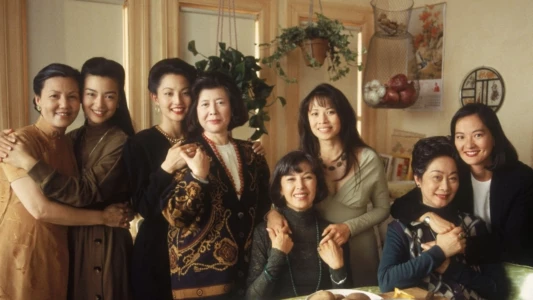
Plot.
Where to Watch.
 Rent
Rent Rent
Rent Rent
Rent Rent
Rent Rent
Rent Rent
RentCurrently The Joy Luck Club is available for streaming online, rent, buy or watch for free on: Apple TV, Amazon Video, Microsoft Store, Google Play Movies, YouTube, Fandango At Home
Streaming in:🇺🇸 United States

Cast & Crew.

Ming-Na Wen
June Woo

Lauren Tom
Lena St. Clair

Tamlyn Tomita
Waverly Jong

Rosalind Chao
Rose Hsu Jordan

Kieu Chinh
Suyuan Wong

France Nuyen
Ying-Ying St. Clair

Tsai Chin
Lindo Jong

Lisa Lu
An-Mei Hsu
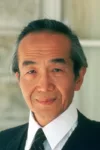
Chao-Li Chi
Canning Woo

Melanie Chang
June - Age 9
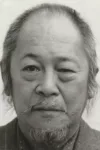
Victor Wong
Old Chong

Irene Ng
Lindo - Age 15

Christopher Rich
Rich

Russell Wong
Lin Xiao

Michael Paul Chan
Harold

Philip Moon
Ken

Andrew McCarthy
Ted

Fen Tian
Auntie #1

Vivian Wu
An Mei's Mother

Jack Ford
Mr. Jordan

Diane Baker
Mrs. Jordan

Yu Feihong
Ying Ying - Age 16-25

Amy Tan
Writer / Screenplay / Producer

Patrick Markey
Producer

Heidi Levitt
Casting

Oliver Stone
Executive Producer

Wayne Wang
Director / Producer

Ronald Bass
Screenplay / Producer

Lydia Tanji
Costume Design

Maysie Hoy
Editor

Diana Kunce
Art Direction

Amir Mokri
Director of Photography / Camera Operator

Jim Poynter
Set Decoration

Janet Yang
Executive Producer

Risa Bramon Garcia
Casting

Donald Graham Burt
Production Design

Rachel Portman
Original Music Composer

Richard C. Franklin
Sound Effects Editor

Leslie Park
Script Supervisor

Gary Gegan
Sound Re-Recording Mixer

Bill Abbott
Music Editor

William H. Angarola
Sound Effects Editor

Matthew Iadarola
Sound Re-Recording Mixer

Stephan R. Goldman
Music Supervisor

Phil Bray
Still Photographer

Albert Gasser
Sound Effects Editor

Dan O'Connell
Foley Artist

Lewis Goldstein
Dialogue Editor

Charleen Richards-Steeves
ADR Mixer

Gary A. Hecker
Foley Artist

James Ashwill
Foley Mixer

Curtis Choy
Sound Mixer

Devon Heffley Curry
ADR Supervisor

Tony Cappelli
Foley Editor

Kimberly Lambert
Dialogue Editor

Bobby Mackston
Dialogue Editor

George Leong
Boom Operator

Josh Koral
Property Master

Eileen Horta
ADR Editor

Guofang Ma
Makeup Artist

Valli O'Reilly
Makeup Artist
Media.








Details.
Release DateSeptember 8, 1993
StatusReleased
Running Time2h 19m
Content RatingR
Budget$11,000,000
Box Office$32,861,136
Filming LocationsSan Francisco, United States
Genres
Last updated:
This Movie Is About.
Wiki.
The Joy Luck Club (simplified Chinese: 喜福会; traditional Chinese: 喜福會; pinyin: Xǐ Fú Huì) is a 1993 American drama film about the relationships between Chinese-American women and their Chinese immigrant mothers. It was directed by Wayne Wang and stars Tsai Chin, Kieu Chinh, Lisa Lu, France Nuyen, Rosalind Chao, Lauren Tom, Tamlyn Tomita, and Ming-Na Wen. The film is based on the 1989 novel by Amy Tan, who co-wrote the screenplay with Ronald Bass. The film was produced by Bass, Tan, Wang, and Patrick Markey, while Oliver Stone served as an executive producer. Four older women, all Chinese immigrants living in San Francisco, meet regularly to play mahjong, eat, and tell stories. Each of these women has an adult Chinese-American daughter. The film reveals the hidden pasts of the older women and their daughters, and how their lives are shaped by the clash of Chinese and American cultures as they strive to understand their family bonds and one another.
Development of the project began when Wang approached Tan in 1989 at the time of the novel's release. Concerned about the novel's complex storytelling and character development, they teamed up with Bass in January 1990, who added a farewell party not in the original novel and voice-overs to compress the film's storytelling without changing the main plot. Carolco Pictures initially supported the project until 1990, when the filmmakers turned down the contract for not receiving the creative control that they demanded. After the first draft was written between August and November 1991, the filmmakers shifted to Hollywood Pictures in spring 1992. Principal photography took place in San Francisco, the novel and the film's main setting, in October 1992 and then in China in February 1993. Filming ended in March 1993.
The film was privately screened in sneak previews in spring 1993 and film festivals in August and September 1993. It premiered in Los Angeles, New York City, and San Francisco on September 8, 1993. With the film's $10.5 million budget, it was moderately successful in the box office, earning $32.9 million in the United States. It received positive critical reaction, but also criticism for its negative portrayal of Asian-American and Asian male characters.
In 2020, the film was selected for preservation in the United States National Film Registry by the Library of Congress as being "culturally, historically, or aesthetically significant".
You May Also Like.

The Secret Life of Walter Mitty (2013)

Lethal Weapon (1987)

Conan the Barbarian (1982)

Taken (2008)
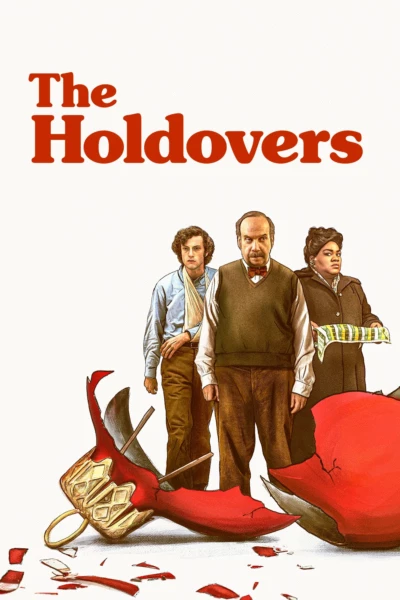
The Holdovers (2023)

Juno (2007)

Cloudy with a Chance of Meatballs (2009)

The Spy Who Dumped Me (2018)

Atlantis: The Lost Empire (2001)

Weekend at Bernie's (1989)
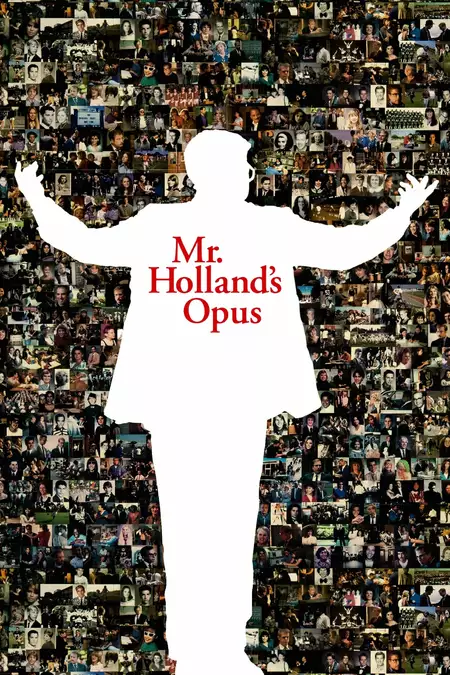
Mr. Holland's Opus (1995)

In the Loop (2009)
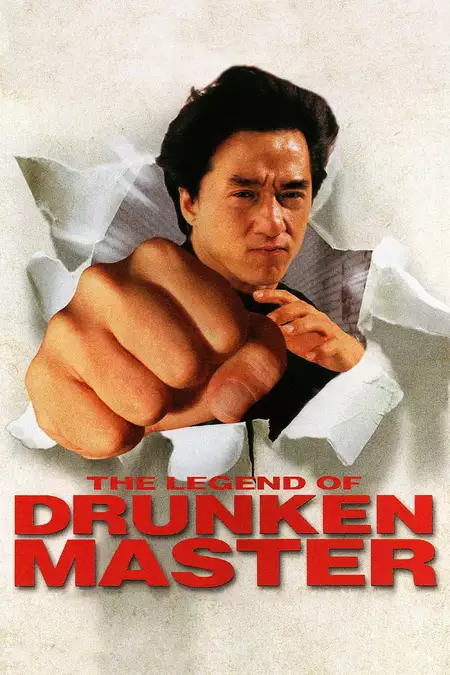
The Legend of Drunken Master (1994)

Much Ado About Nothing (1993)

The Professor (2018)
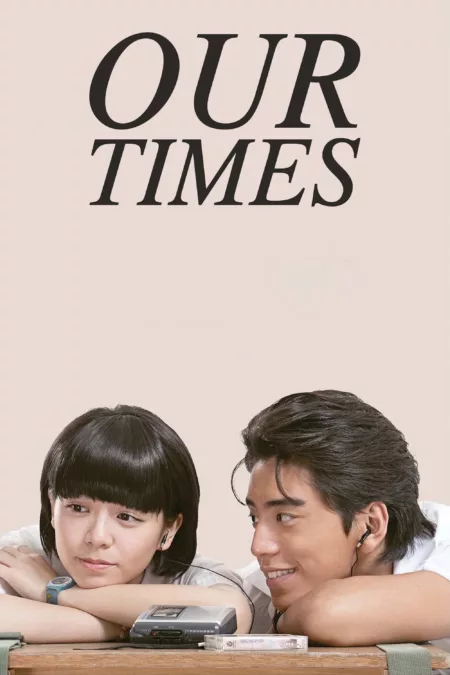
Our Times (2015)

Brideshead Revisited (2008)

Love at First Child (2015)
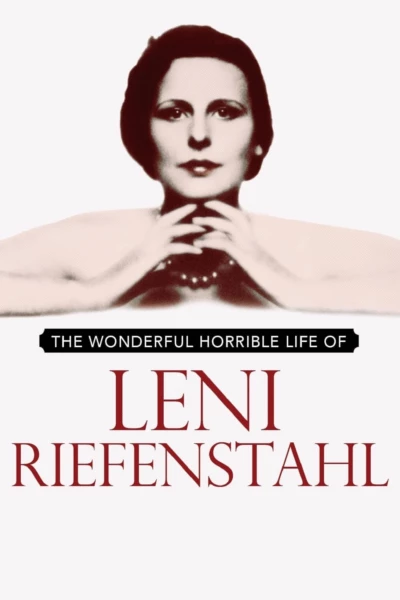
The Wonderful, Horrible Life of Leni Riefenstahl (1993)


